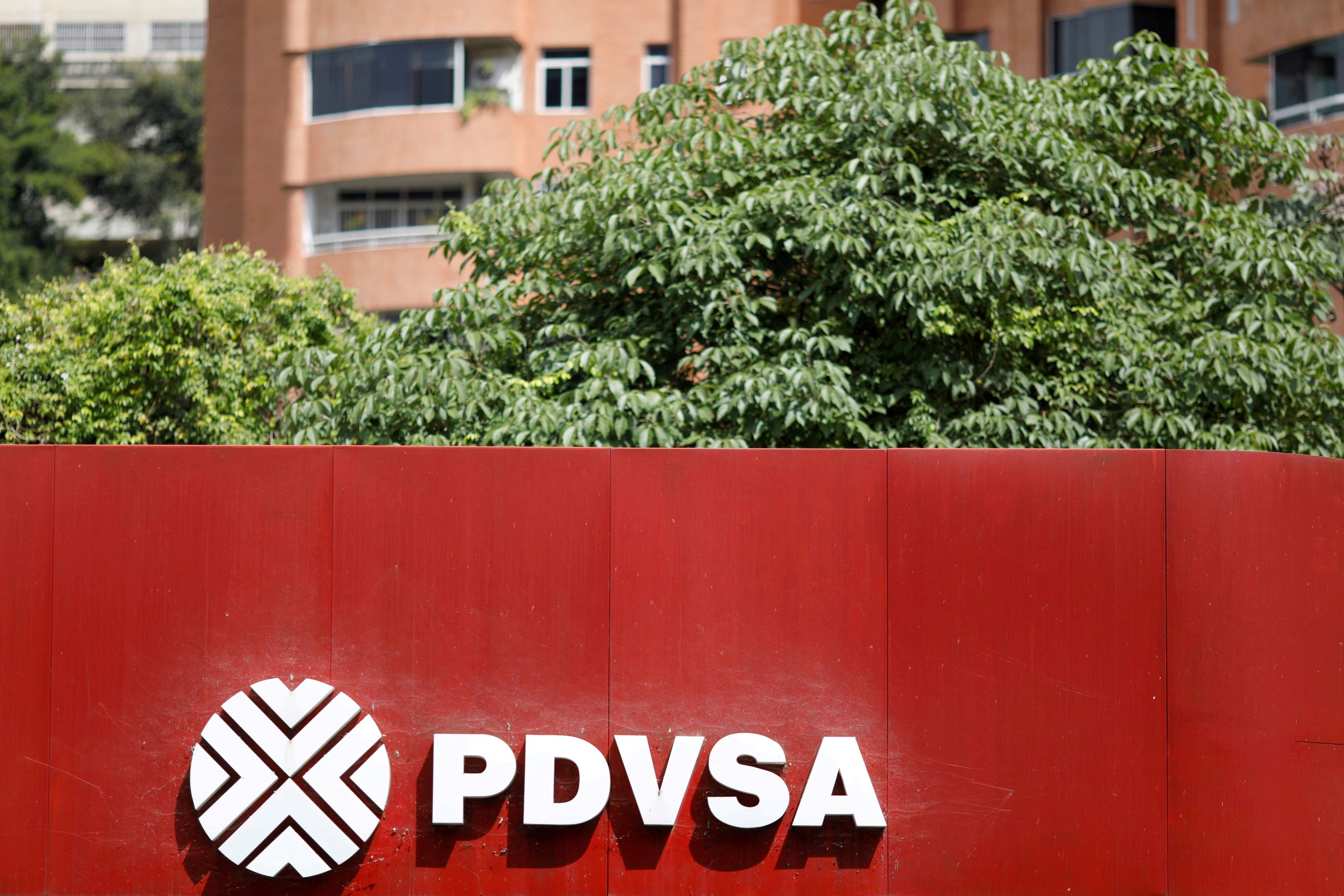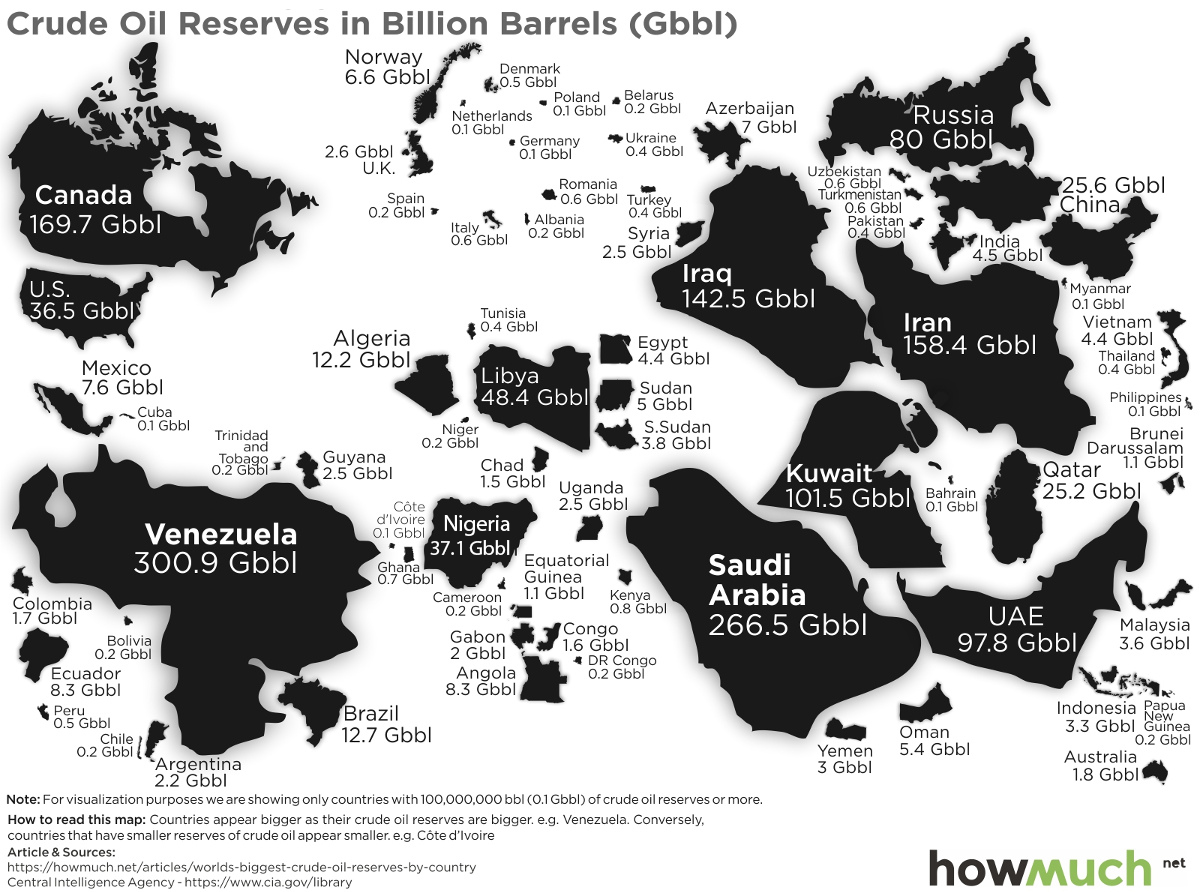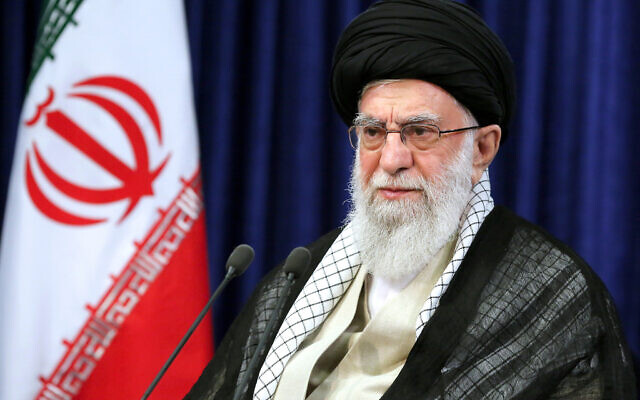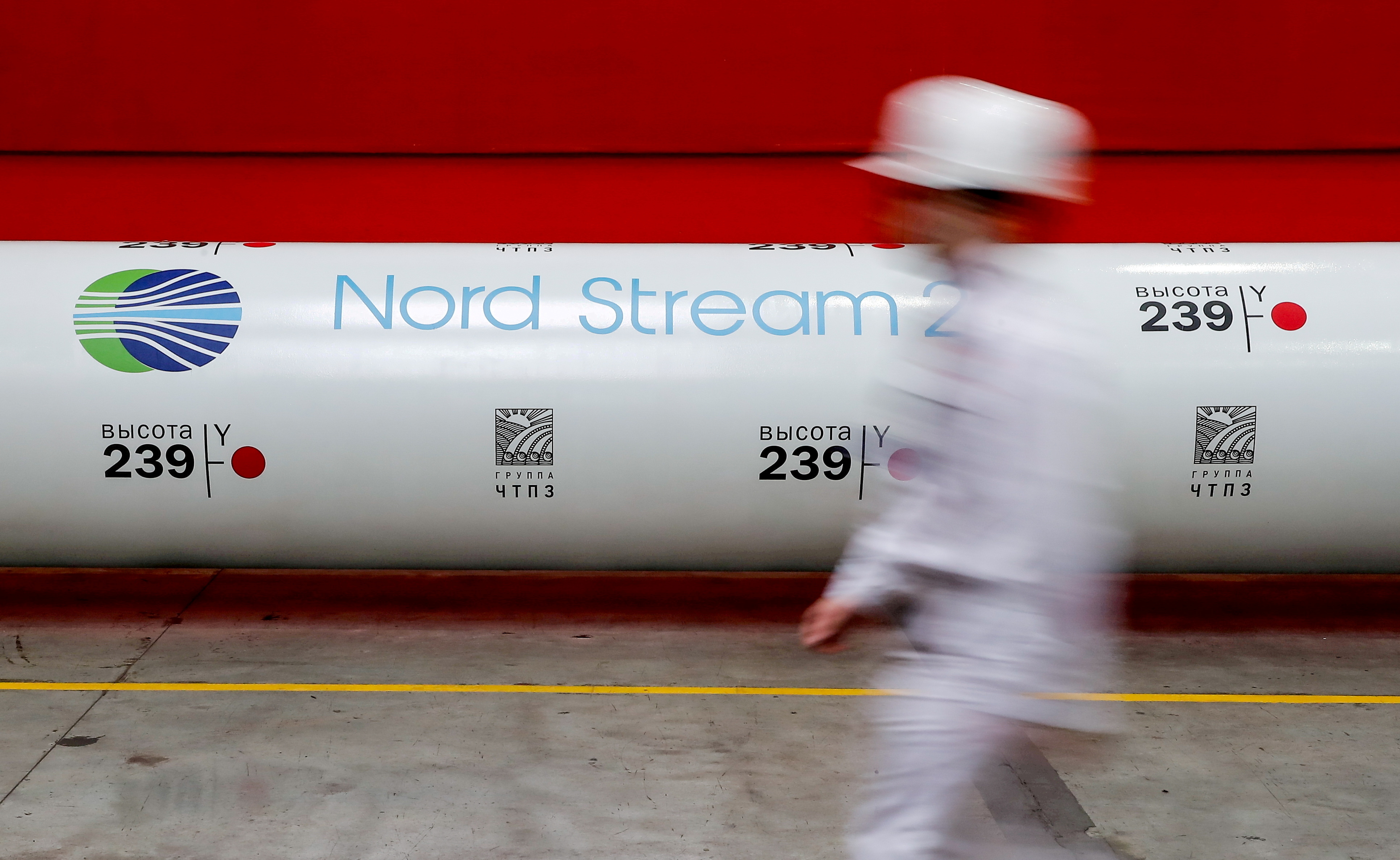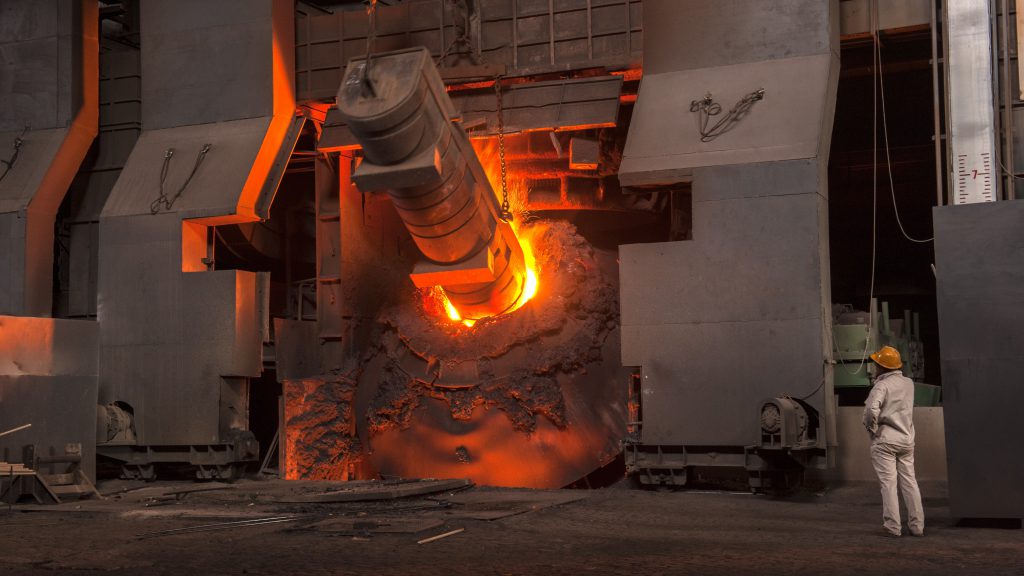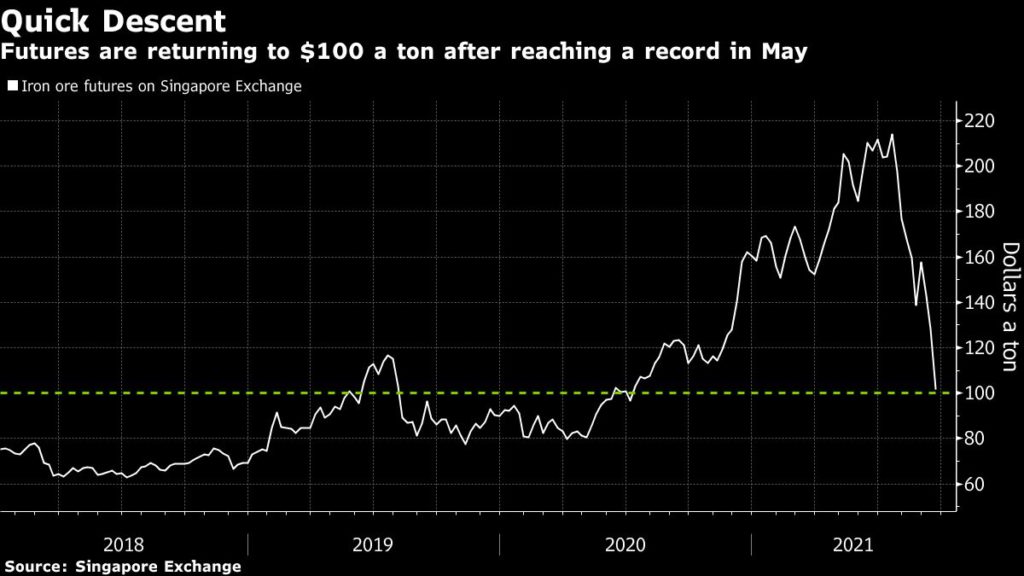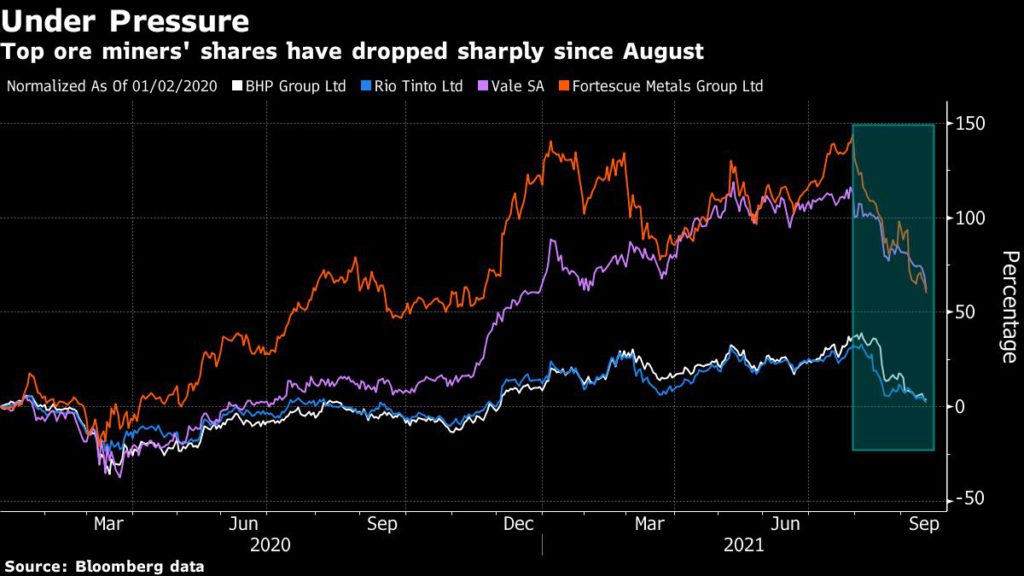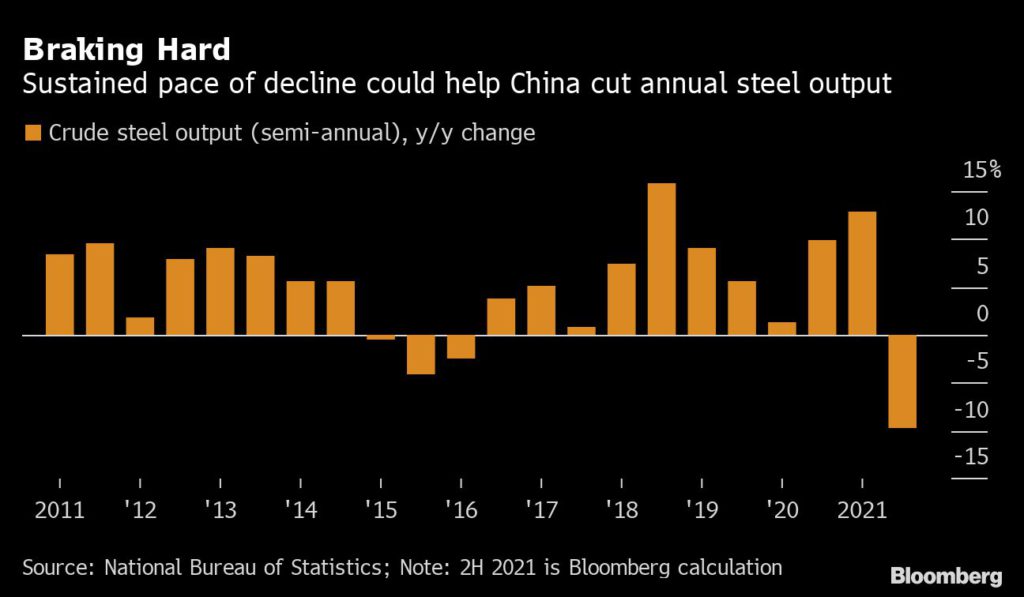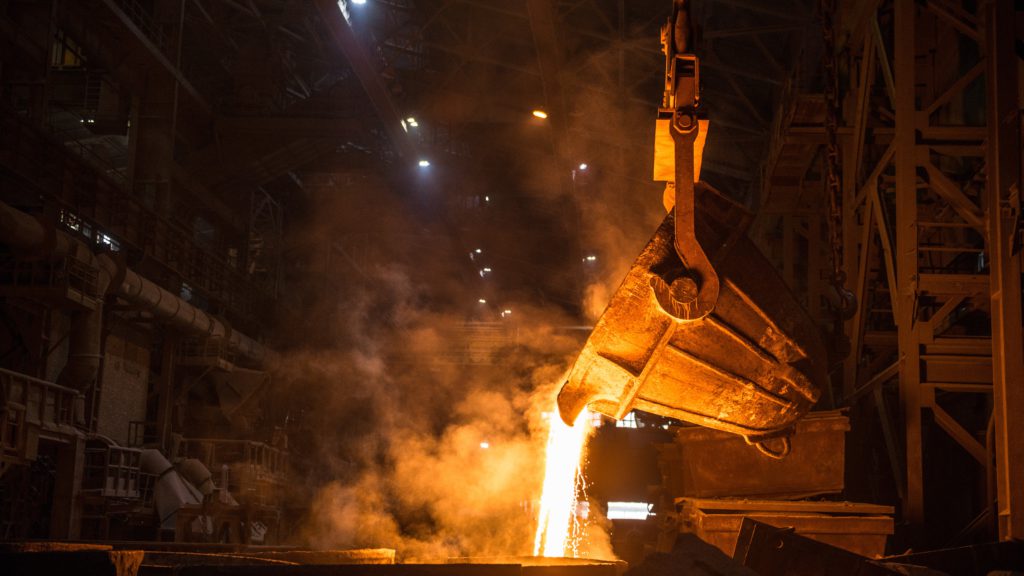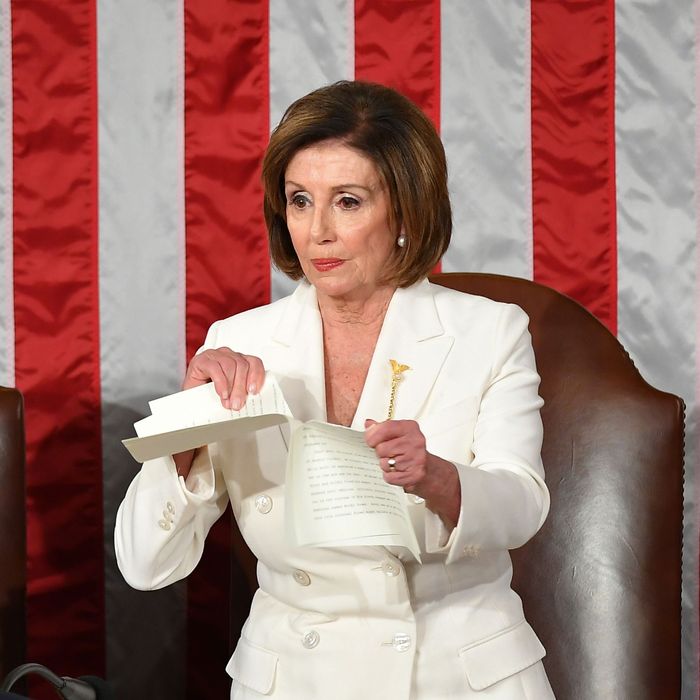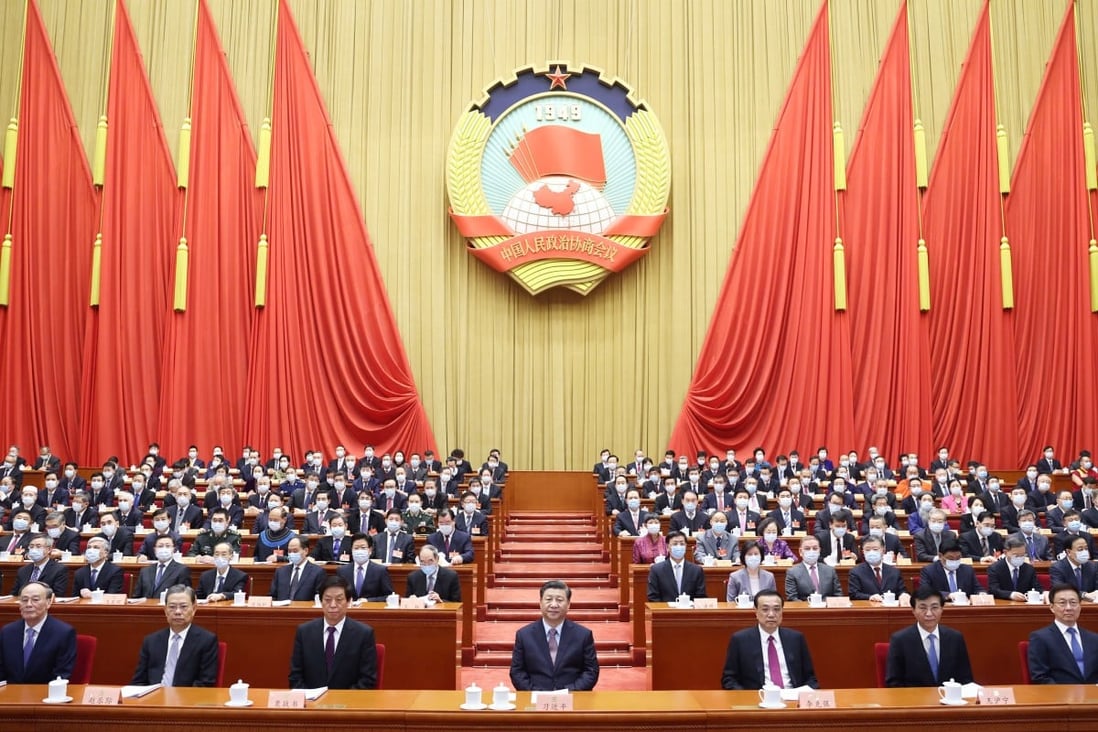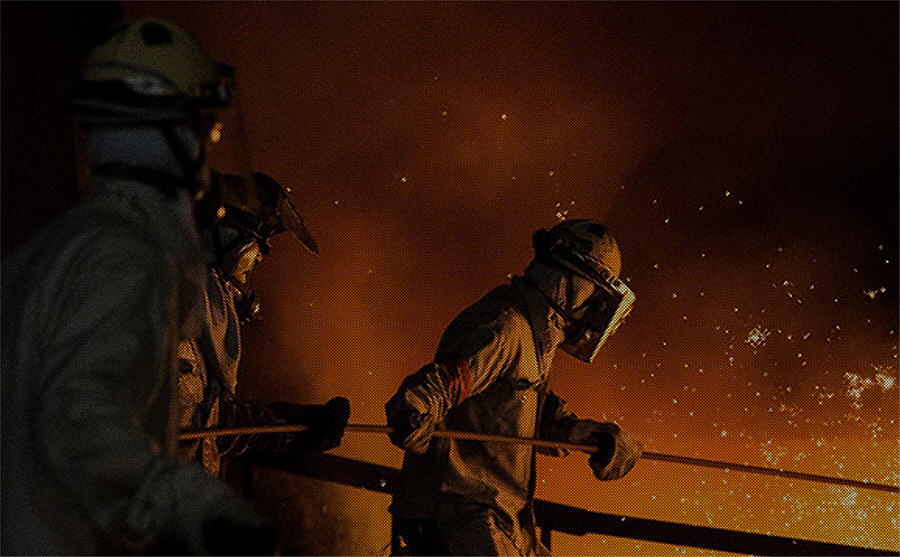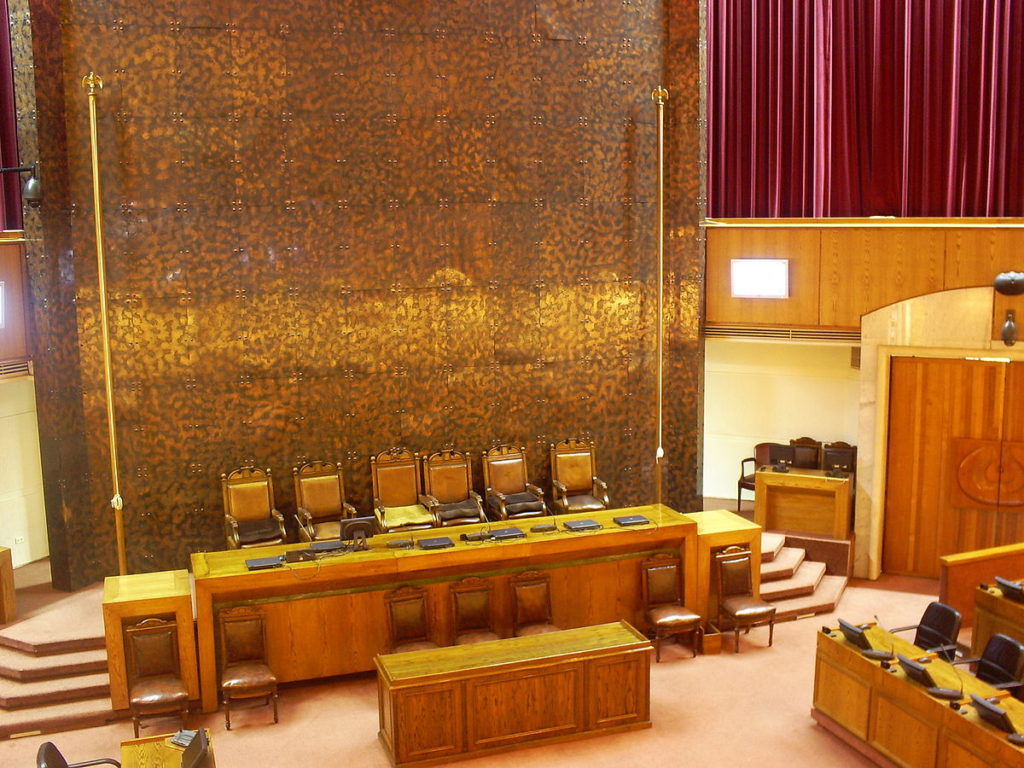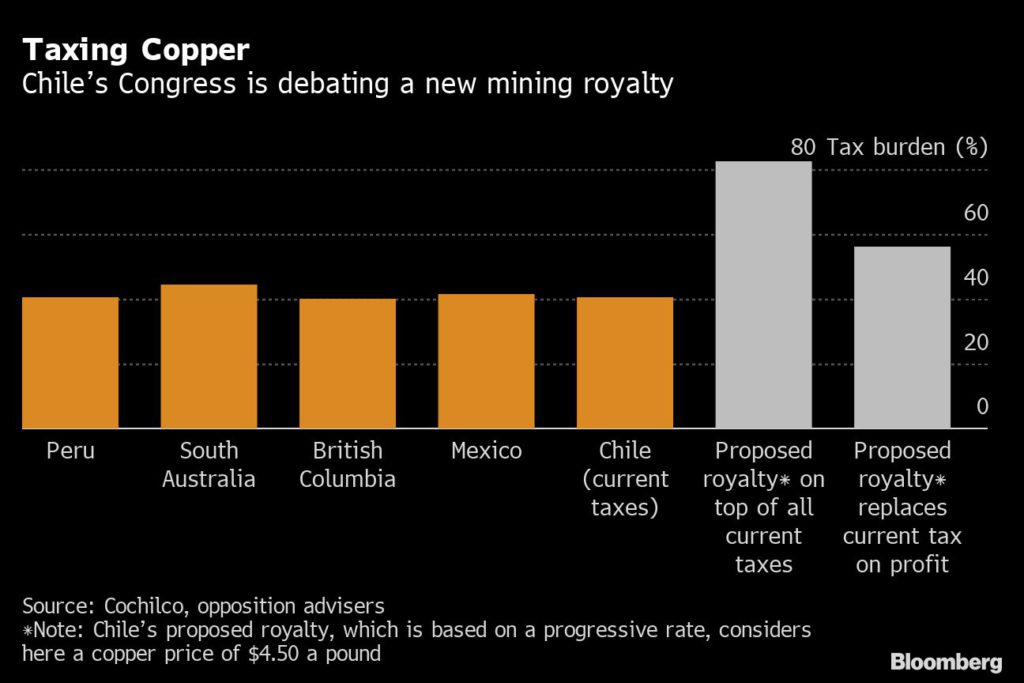The logo of the Nord Stream 2 gas pipeline project is seen on a pipe at
the Chelyabinsk pipe rolling plant in Chelyabinsk, Russia, February 26,
2020. REUTERS/Maxim Shemetov
LONDON,
Sept 22 (Reuters) - Global record high natural gas prices are pushing
some energy-intensive companies to curtail production in a trend that is
adding to disruptions to global supply chains in some sectors such as
food and could result in higher costs being passed on to their
customers.
Some
companies, including steel producers, fertiliser manufacturers and
glass makers, have had to suspend or reduce production in Europe and
Asia as a result of spiking energy prices. That includes two of the
world’s largest fertiliser makers, which said they would cut production
in Europe. The UK on Tuesday said it agreed to provide state support to
one of the companies to restart production of by-product carbon dioxide,
which is used in food production, to avert a supply crunch. read more
Natural
gas prices have risen sharply around the globe in recent months. That
has been due to a combination of factors: including increased demand
particularly from Asia due to a post-pandemic recovery; low gas
inventories; and tighter-than-usual gas supplies from Russia.
Gas
prices in Europe have risen more than 250% this year, while Asia has
seen about a 175% increase since late January. In the United States,
prices have surged to multi-year highs and are about double where they
were at the start of the year. Electricity prices have also risen
sharply as many power plants are gas-fired.
Industrial
Energy Consumers of America, a trade group representing chemical, food
and materials manufacturers, has in recent days called on the U.S.
Department of Energy to stop the country's liquefied natural gas
producers from exporting gas to help keep the energy costs down for
industry. read more
Additional
supplies of gas could alleviate pressure. Norway has allowed increased
gas exports. More supply could flow from Russia by the end of the year
with the country’s new Nord Stream 2 pipeline awaiting approval from
Germany’s energy regulator. The pipeline project has drawn criticism
from the United States, which says it will increase Europe’s reliance on
Russian energy supplies. read more
PRODUCTION DISRUPTIONS
The
pressures so far have been particularly acute in Europe, where gas
stocks are much lower than usual heading into winter. Norway’s Yara
International ASA (YAR.OL),
one of the world’s largest fertiliser makers, on Friday said it would
cut about 40% of its European ammonia production due to high gas prices.
That came after U.S.-based CF Industries Holdings Inc (CF.N)
said gas prices were prompting it to halt operations at two of its
British plants. Natural gas is the most important cost input for
nitrogen-based chemicals and fertilizers. read more
Yara’s
chief executive, Svein Tore Holsether, told Reuters in an interview
Monday that the company was bringing ammonia to Europe from production
facilities elsewhere, including the United States and Australia.
"Instead of using European gas, we are essentially using gas from other
parts of the world to make that product and bring it into Europe," he
said. read more CF Industries didn’t respond to requests for comment.
Some
industries are calling on governments to intervene on their behalf.
These pleas come as some countries have acted to protect consumers from
soaring energy bills, such as Spain, which last week approved a package
of measures including price caps.
Among
those asking for help is the food industry following a shortage of
carbon dioxide (CO2) caused by the suspension of production in some
fertiliser plants. CO2 is used in the vacuum packing of food products to
extend their shelf life, to stun animals before slaughter and to put
the fizz in soft drinks and beer.
In
the UK, meat processors had warned they will run out of CO2 within five
days, forcing them to halt production. Soft drink manufacturers, who
rely on the gas to make carbonated drinks, said supplies were running
low. read more
On
Tuesday, the British government said it struck a three-week deal with
CF Industries for the American company to restart the production of
carbon dioxide in the UK. Britain’s environment minister, who said the
state support could run into tens of millions of pounds, also warned the
food industry that carbon dioxide prices would rise sharply.
CF
Industries said in a statement it is immediately restarting ammonia
production at its Billingham plant following the agreement.
WEATHERING THE STORM
Other energy-intensive sectors such as steel and cement are also feeling the pinch.
Soaring
gas prices have in the past couple of weeks "forced some steelmakers to
suspend operations during those periods of the night and day when the
cost of energy rockets," said Gareth Stace, director general at industry
group UK Steel. He declined to identify which companies.
British
Steel, the country’s second-largest steel producer, said it was
maintaining normal levels of production but that the “colossal”
energy-price increases made “it impossible to profitably make steel at
certain times of the day.”
Some manufacturers say they are able to cope, so far.
Germany’s Thyssenkrupp AG, (TKAG.DE)
Europe’s second-largest steelmaker, said hedging mechanisms it had in
place against energy price increases, especially gas, meant it was not
curbing production. But it said it was indirectly affected because the
industrial gases it used are linked to electricity prices.
HeidelbergCement AG (HEIG.DE)
of Germany, the world’s second-largest cement maker, said higher energy
prices were driving up production costs but that operations had not
been halted as a result.
In
China, several steel, ceramic and glass makers have reduced production
to avoid losses, according to Li Ruipeng, a local supplier of liquefied
natural gas in the northern province of Hebei. And, China’s southwestern
province of Yunnan this month imposed limits on production of some
heavy industries, including producers of fertilisers, cement, chemicals,
and aluminium smelters due to energy shortages, a move that analysts
said could reduce exports.
To
weather the storm, some energy-intensive industries and utility firms
in Asia and the Middle East have temporarily switched from gas to fuel
oil, crude, naphtha or coal, analysts and traders said. That trend is
expected to continue for the rest of the year and into the beginning of
next, according to the International Energy Agency, the Paris-based
energy watchdog.
In
Europe, demand for coal as an alternative power source has also risen
significantly. But options for switching to alternative sources of
energy are limited in the region largely due to government policies
aimed at encouraging the use of gas over more polluting fuels such as
coal.
The
glass industry was historically run on fuel oil, but almost all sites
in the United Kingdom have now transitioned to natural gas, according to
Paul Pearcy, federation coordinator at British Glass, a UK trade
association. Only a few sites have fuel oil tanks that enable them to
switch energy source if prices skyrocket, he added.
Reporting
by Bozorgmehr Sharafedin and Susanna Twidale in London, Roslan
Khasawneh in Singapore
Additional reporting by Guy Faulconbridge, Nigel Hunt, Eric Onstad and
Ahmad Ghaddar in London, Jessica Jaganathan and Chen Aizhu in Singapore,
Yuka Obayashi in Tokyo, Nidhi Verma in Delhi, Scott DiSavino in New
York, Heekyong Yang in Seoul, and Christoph Steitz in Frankfurt, Tom
Kaeckenhoff in Düsseldorf, Polina Devitt in Moscow, Arathy S Nair in
Houston
Editing by Cassell Bryan-Low
Our Standards: The Thomson Reuters Trust Principles.
